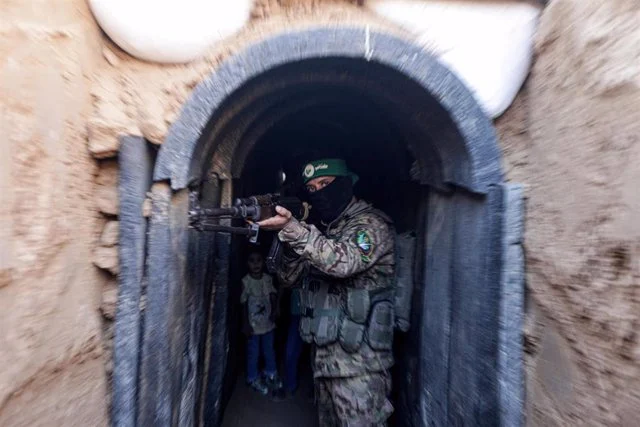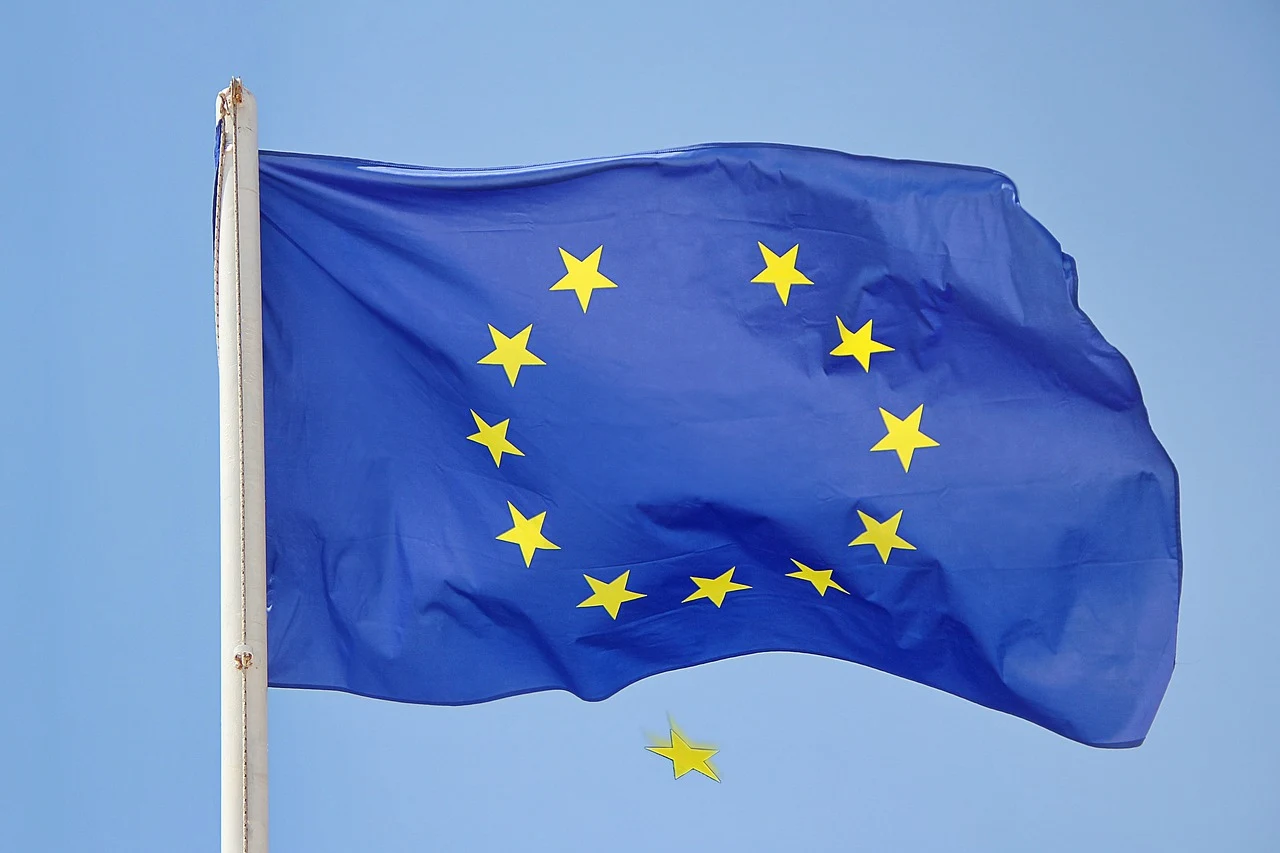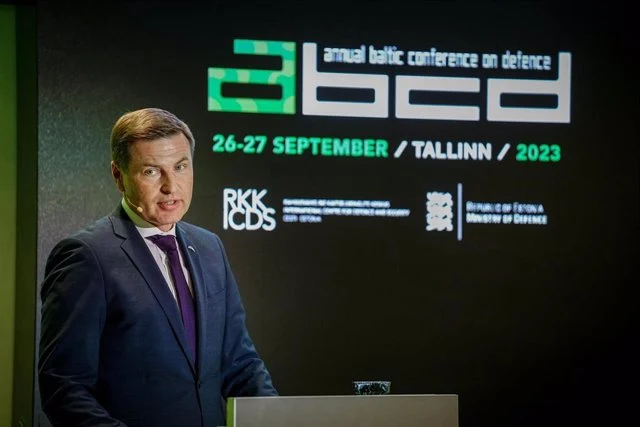
File - Logo of the steel company ArcelorMittal. - ARCELORMITTAL - Archive
The government of Georgia Meloni takes decisive measures to nationalize Acciaierie d'Italia, ensuring the economic and labor stability of one of the country's leading steelmakers, in a strategic move to strengthen the national industry.
The Italian government headed by Prime Minister Georgia Meloni will nationalize the country's main steel company, Acciaierie d'Italia, which is 62% owned by ArcelorMittal and the remaining 38% by the public entity Invitalia after talks between the state and the multinational have failed.
The Executive himself announced the initiative after meeting with trade union organizations and motivated the decision that the plant, located in Taranto (southern Italy), is of strategic interest. This would empower the State to place the factory under the figure of the special administration, even despite the opposition of private actors.
In any case, the measure would be temporary, since the government would be looking for new partners, but it will require a bridge loan of 320 million euros to guarantee the continuity of the plant's operations.
The factory currently employs about 10,000 people, although it operates below its capacity, since it produces less than four million tons of steel per year, when it could reach about ten million.







 Founded on April 9, 2010, Diario Salto Al Día is a Uruguayan news outlet dedicated to national and international news coverage.
Founded on April 9, 2010, Diario Salto Al Día is a Uruguayan news outlet dedicated to national and international news coverage.